-
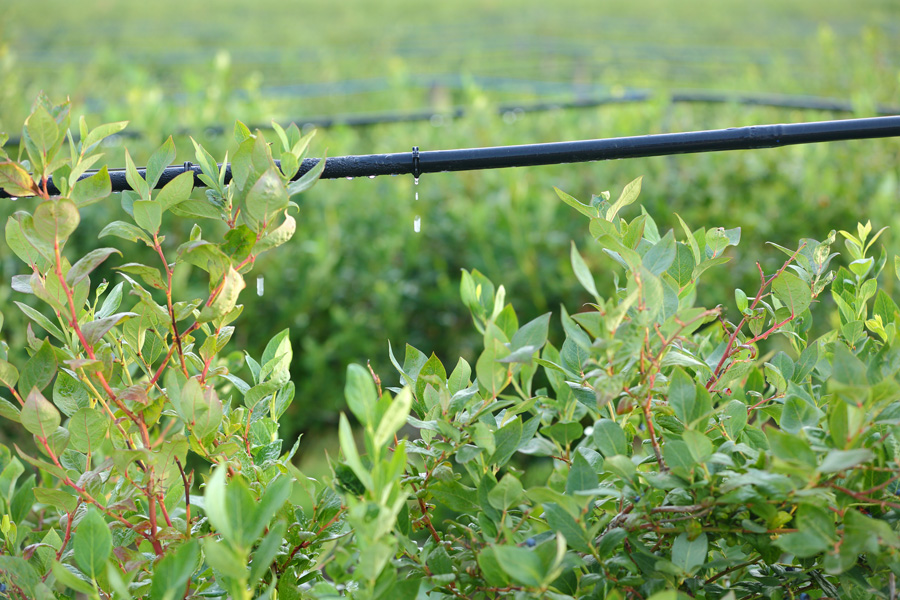
This circular is a review of water quality standards, calculations, and recommendations for water that will be used for irrigation of blueberries.
|
-
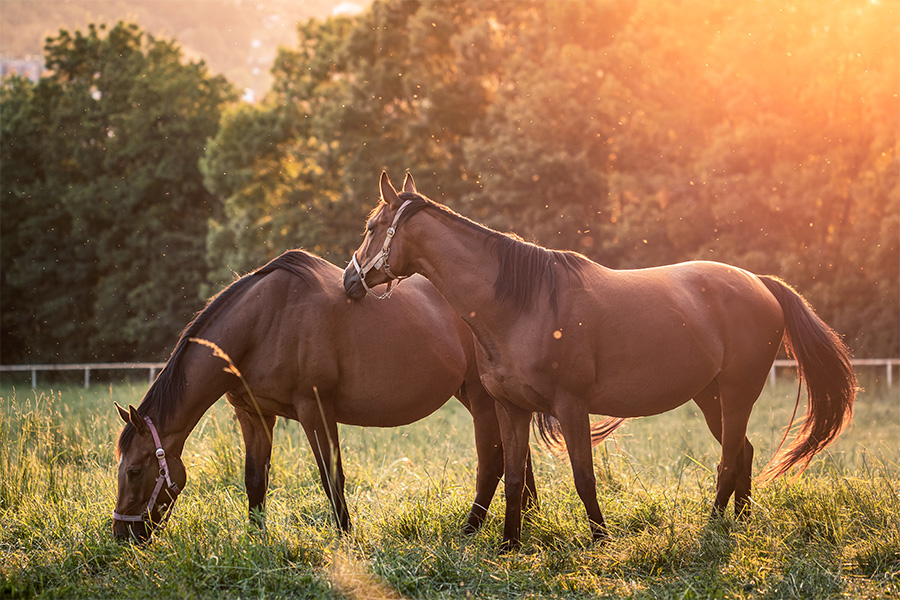 To have a successful equine breeding program, producers must successfully manage animals both pre- and post-breeding to ensure delivery of a healthy foal while maximizing the health of the mare. The following information is designed give a basic understanding of how to identify pregnant mares, to outline major events in pregnancy development, and to…
To have a successful equine breeding program, producers must successfully manage animals both pre- and post-breeding to ensure delivery of a healthy foal while maximizing the health of the mare. The following information is designed give a basic understanding of how to identify pregnant mares, to outline major events in pregnancy development, and to…|
-
 Temperatures affects plant growth and distribution. This publication explains how low temperatures (chilling and freezing) affect plant growth in production greenhouses, nurseries, and landscapes. These three environments have different causes and effects, each requiring unique responses to avoid injury. This publication outlines different techniques that can be used to avoid…
Temperatures affects plant growth and distribution. This publication explains how low temperatures (chilling and freezing) affect plant growth in production greenhouses, nurseries, and landscapes. These three environments have different causes and effects, each requiring unique responses to avoid injury. This publication outlines different techniques that can be used to avoid…|
-

This publication outlines the sampling procedure for irrigation water to be used in blueberry production. Follow the outlined steps to provide a certified lab with a sample that is representative of the irrigation water to be used for growing blueberry plants.
|
-
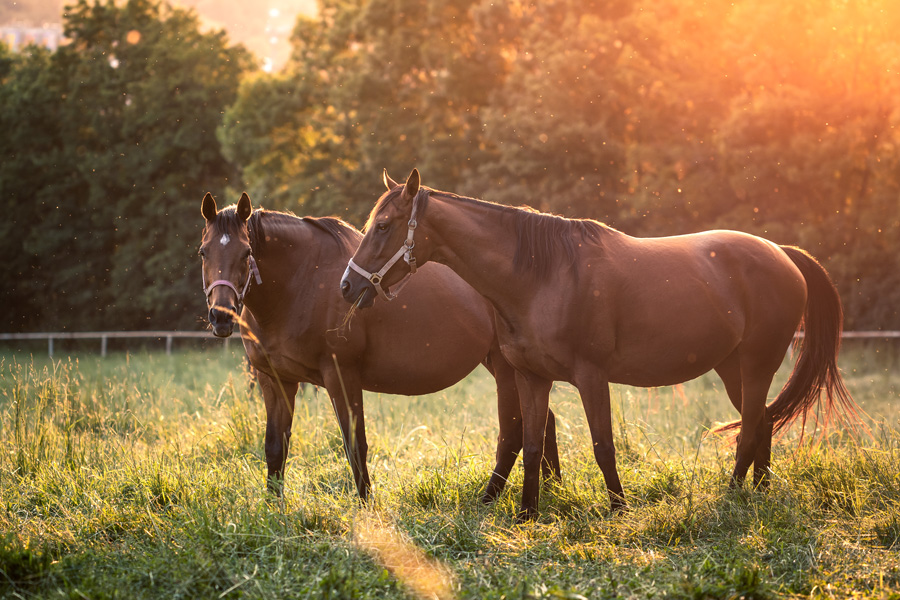
B 1465
Managing the Pregnant Mare
To have a successful equine breeding program, producers must be able to ensure delivery of a healthy foal while maximizing the health of the mare. The information in this bulletin is designed to provide basic concepts in pregnant mare management.
|
-
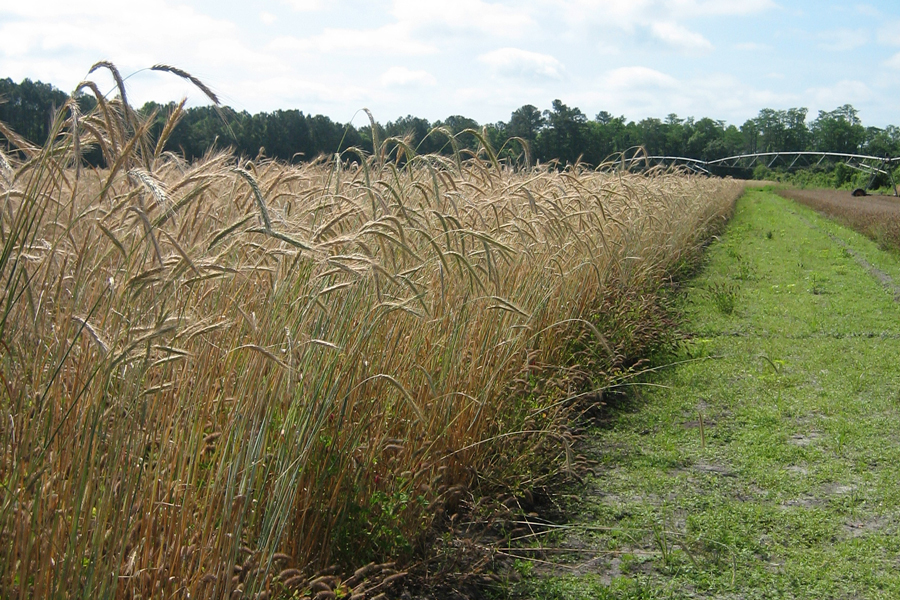 Cover crops have many benefits for farmers, including erosion control, weed suppression, and feeding the food soil web. Cover crops also play an important role in fertility, particularly for nitrogen. One of the challenges facing farmers who use cover crops is quantifying the available nitrogen supplies to the following cash…
Cover crops have many benefits for farmers, including erosion control, weed suppression, and feeding the food soil web. Cover crops also play an important role in fertility, particularly for nitrogen. One of the challenges facing farmers who use cover crops is quantifying the available nitrogen supplies to the following cash…|
-
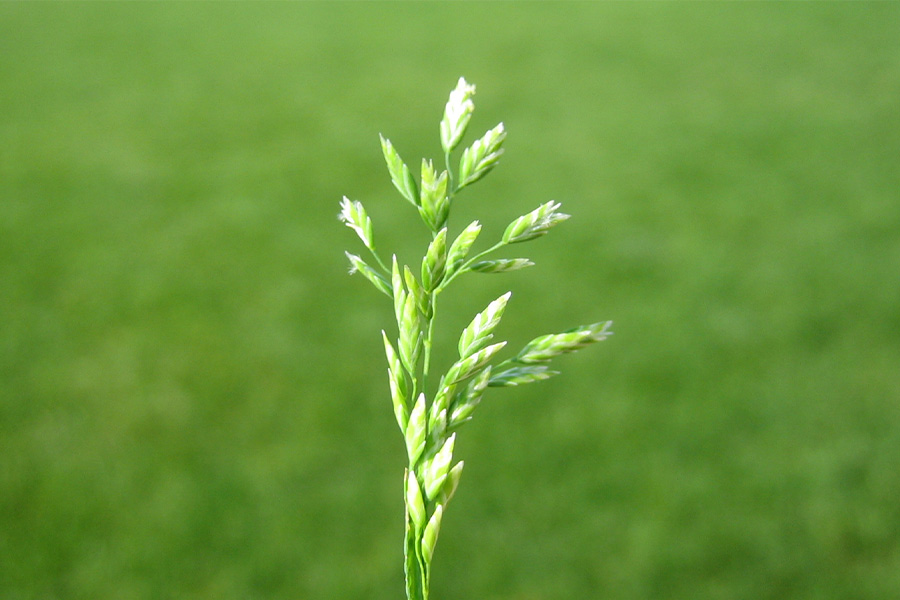 Annual bluegrass (Poa annua) is the most problematic winter weed of lawns in Georgia. Plants have a light green color, coarse leaf texture, and produce unsightly seedheads. Annual bluegrass germinates in fall, overwinters in a vegetative state, and resumes active growth in spring. Competitive growth of populations causes stand thinning…
Annual bluegrass (Poa annua) is the most problematic winter weed of lawns in Georgia. Plants have a light green color, coarse leaf texture, and produce unsightly seedheads. Annual bluegrass germinates in fall, overwinters in a vegetative state, and resumes active growth in spring. Competitive growth of populations causes stand thinning…|
-
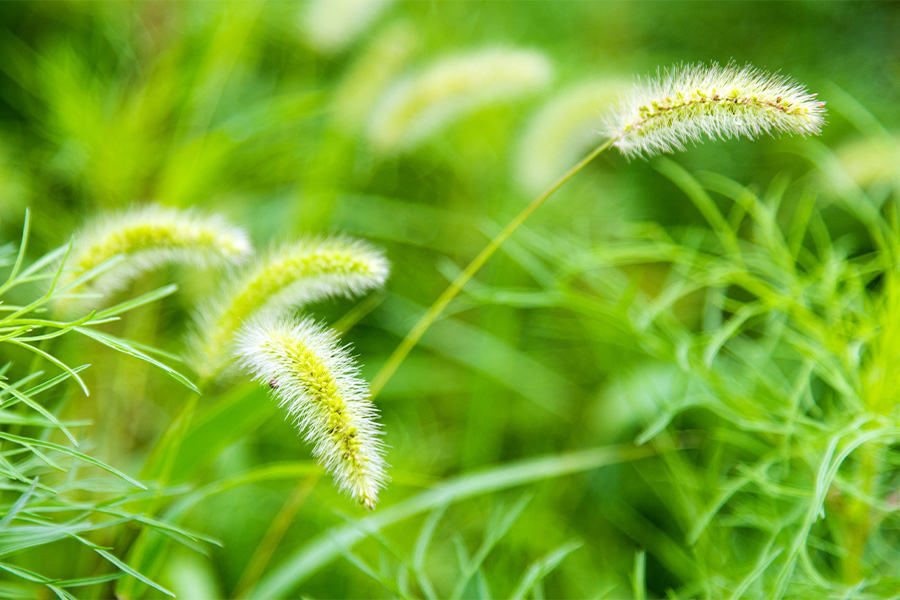 Foxtails (Setaria spp.) are invasive weeds in pastures and hayfields. The competitive growth of foxtails with pasture specie causes stand thinning and reductions in hay yields. Foxtails may be grazed in spring prior to inflorescence development. However, the production of seedheads is concerning in summer due to the sharp awns…
Foxtails (Setaria spp.) are invasive weeds in pastures and hayfields. The competitive growth of foxtails with pasture specie causes stand thinning and reductions in hay yields. Foxtails may be grazed in spring prior to inflorescence development. However, the production of seedheads is concerning in summer due to the sharp awns…|